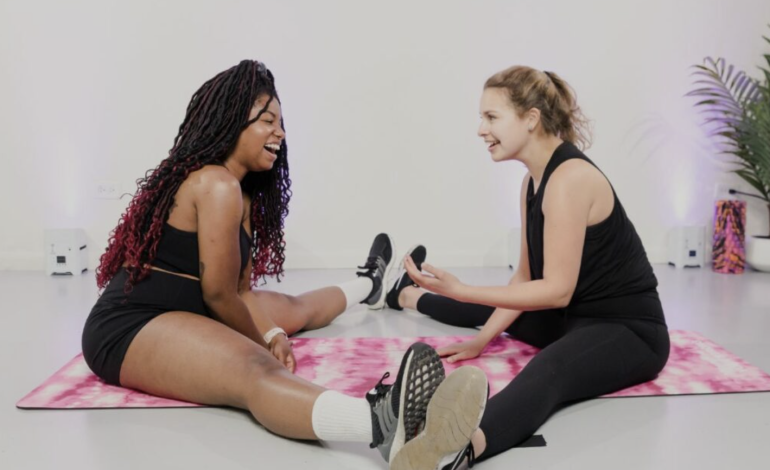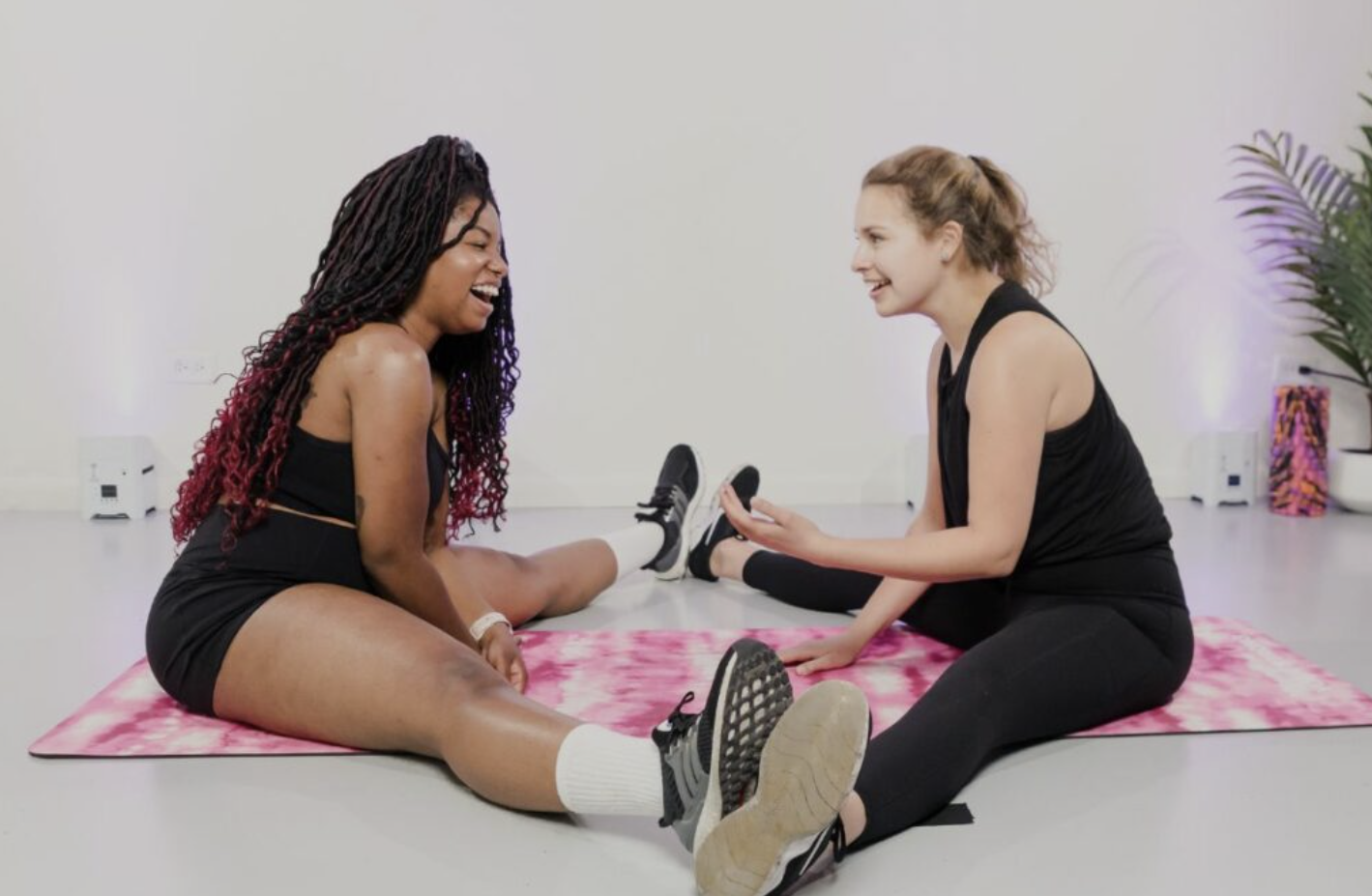
Why I Stopped Dating People Who Comment on Other People’s Bodies

We live in a culture where it’s still considered normal to comment on other people’s bodies. Whether it’s about someone’s size, age, appearance, clothing, gender presentation, or even skin color, there’s this unwritten rule that it’s okay to criticize people who “stand out” in some way.
In my experience, the people who often face these comments are those from marginalized groups: queer people, fat people, sex workers, trans individuals, those who are unhoused, people with disabilities, poor folks, and people of color. In our society, it’s also often acceptable to make comments about women’s and femmes’ bodies, which is rooted in deep sexism.
Growing up, my family often made comments about people’s appearances, particularly in public. It was a way we connected with each other, even if it was negative and dysfunctional. My family, especially through the lens of racism and xenophobia, used this as a coping mechanism to release frustrations and to turn the focus away from our own struggles.
My grandfather, who raised me, was the head of our family. He was deeply loving but also held misogynistic views, often making jokes about women and commenting on their appearances—especially if he found them attractive. I’ve come to notice that these two things often go hand in hand.
I also faced constant judgment about my own body at school. This made me feel powerless, so I started to reclaim some of that power by mocking others, particularly those I perceived as weaker than me. I would watch people who had made fun of me, now making fun of someone else. It felt good, and for a moment, I felt in control.
Because of this, I didn’t question when my partners made negative comments about others, especially women. In fact, I found comfort in it. If they were criticizing someone else’s body, I convinced myself it meant they didn’t feel that way about me. I was critical too, and didn’t think much of it, believing this was just part of how everyone communicated.
But then I started dating someone who didn’t engage in this behavior.
Whenever we were out, no matter who we encountered, he didn’t make any comments about them. At first, I tried to bait him, preparing a critical remark to see if he’d join in. He would just shrug it off and keep doing whatever we were doing, unfazed.
At first, it was uncomfortable. It forced me to confront how often I’d been judgmental. It was confusing because I had never been with someone who didn’t participate in this constant cycle of body-shaming. I realized I’d been using these comments to bond with others and fill silences, a habit I learned growing up. My family never felt comfortable with quiet moments, and shaming others was an easy way to keep the conversation flowing.
It took a while, but eventually, I realized I wasn’t a bad person. We all just rely on the tools we know. And here, I had a chance to try something different. Would I embrace it as an opportunity to grow?
Over time, as I stopped relying on that habit, I felt a sense of relief, peace, and empowerment. I became more attuned to how hurtful such comments could be when I heard others making them. It changed how I saw social spaces because I wasn’t constantly looking for someone to target. It shifted how I interacted with people, allowing me to appreciate their complexity without reducing them to their appearance. And it transformed how I approached dating.
That partner, who didn’t judge others, became my new standard without me even realizing it. I could look back at past relationships and see that our shared body-shaming didn’t bring us closer—it just made me feel safer temporarily. If someone feels comfortable criticizing other women or femmes, that’s a red flag. It’s a sign of misogyny. When someone makes fun of others’ appearances, it’s a sign that they’re not really respecting you or people like you.





